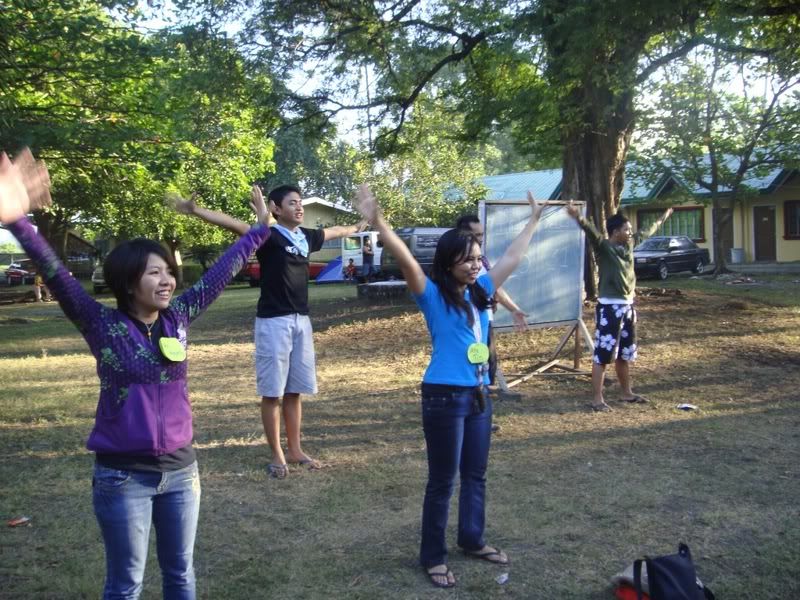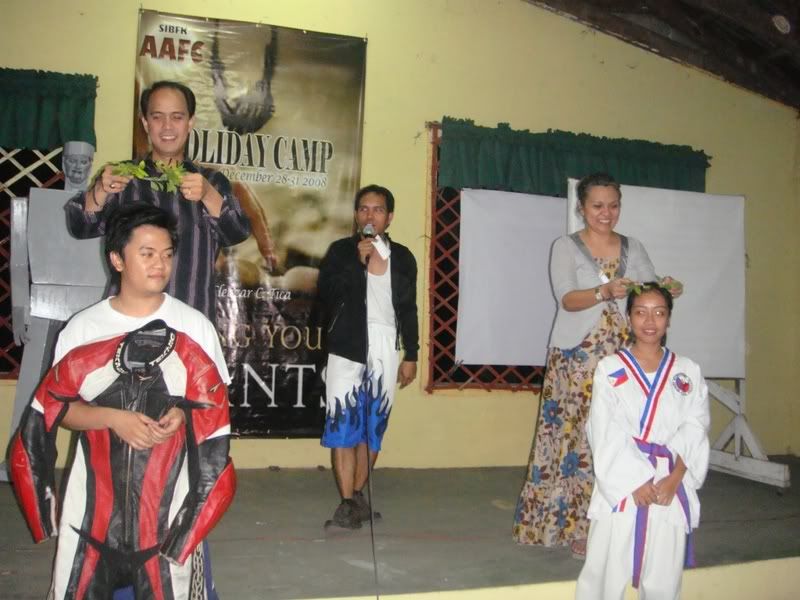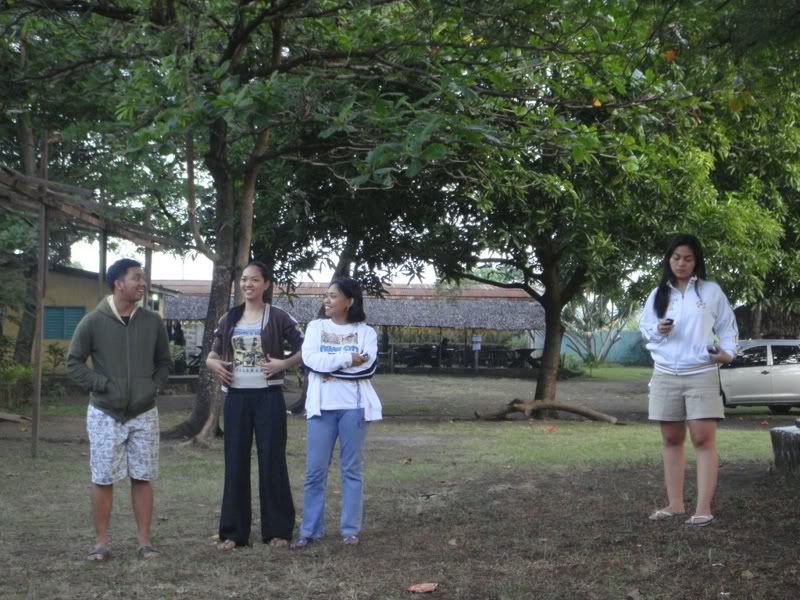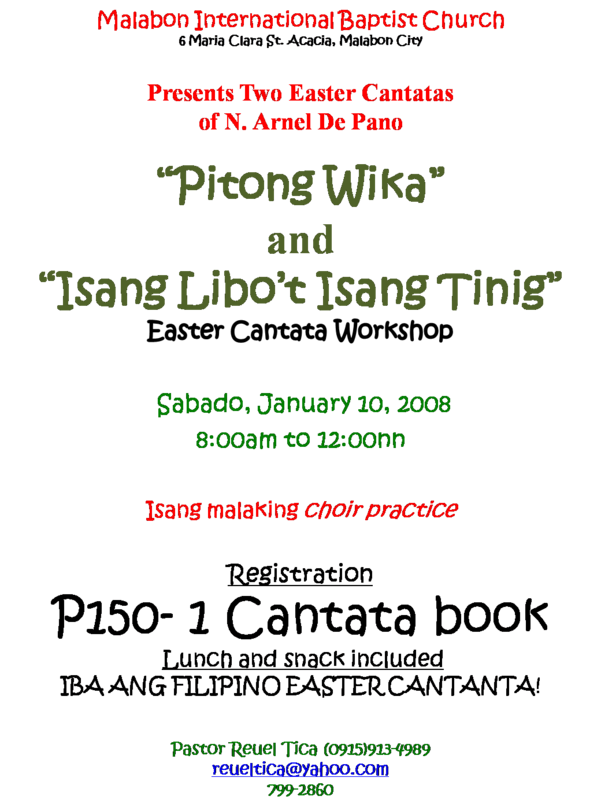Why did God create women?
What is true beauty?
What's the point of purity?
Modesty? Femininity?
We've wondered too.
Ask the world what womanhood is about, and you'll get a blank stare in return. No one knows. Young women are devoid of any vision beyond popularity, fortune, fame, a cute guy, and a dream career. From the glorified feminist ideals promoted on theater screens to the hurting, provocatively dressed twelve-year-old girl at school, it's unavoidably clear: our culture's idea of "womanhood" is a miserable, twisted version of the truth.
God had something greater in mind. From the start of creation, women were designed to live beautifully. But God's idea of beauty isn't about physical characteristics or the approval of others. It's about loving the God who created us for His glory, and enjoying the unique design He's given us.
Inner beauty is distinct. It's not intrinsic. It doesn't come naturally or easily; this beauty develops slowly in the heart, as a believer learns to love Christ more deeply. The more passionate for the Gospel we become, the more our hearts grow to reflect His image.
The goal of Beauty from the Heart is to nurture this growing beauty, and counter our culture's ideal for womanhood with God's breathtaking vision. Our one day conferences are designed to refresh young women (and their moms) with a renewed desire to live solely for Christ.
~Hannah Farver and Lindsey Wagstaffe
Beauty from the Heart
Tuesday, January 20, 2009
ANNOUNCEMENT: TLW Conference

If you are interested in attending the UNASHAMED conference, please get in touch with Christin A. of SIBFK-AAFC through her mobile no. +639283247664 or you can email her at christin.alvarez@gmail.com.
Please be reminded that the last day of payment of the P200 ticket will be on January 31.
►On Our Shelf: Do Hard Things
 Harris. The last name may sound familiar if you know Joshua Harris, the author of the popular book, I Kissed Dating Goodbye and Boy Meets Girl. Well, Alex and Brett Harris are his younger brothers. Twin brothers to be exact.
Harris. The last name may sound familiar if you know Joshua Harris, the author of the popular book, I Kissed Dating Goodbye and Boy Meets Girl. Well, Alex and Brett Harris are his younger brothers. Twin brothers to be exact.Written when they were 18, this book brings the revolutionary message of their hearts' cry to our generation. The book is an enjoyable and challenging read for teens and teens-at-heart. It's packed with stories of teens from across the world and across time who chose to Do Hard Things and are challenging young people, like you, to do the same. We'd like to urge caution upon reading this book because you might never think of the teenage years the same way again.
~~~~~~~~~~~~~~~~~~~~~~~~~~~~~~~~~~~~~~~~~~~~~~~~~~~~~~~~
I can vouch for it. I've read it. It's out of the ordinary.
-Christin A., AAFC Officer
-Pastor Reuel Eleazar Tica, speaker, Holiday Camp 2008
When someone tells you that his younger brothers wrote an incredible book he's either just being nice because they're family, or he really means it. Well, I am not just being nice, I mean it. This book is excellent. And I can commend it to you because my brothers' love for Christ and personal example back up the message.
Do Hard Things is easy to read, but it will challenge you to the core. It is inspiring, insightful and practical. Alex and Brett show that the teenage years are not a season to endure but a time to excel and to grow. Then they show you how.
Parents, this book won't keep your teenagers out of trouble. It will get them into the right kind of trouble -- the kind that comes when they dream, take risks for God and dare to flout the status quo. Put it in their hands. Read it yourself. Every former teen needs this book, too. I know I do. There's no age-limit on the Rebelution.
It's never too late to do hard things.
~Joshua Harris, Pastor, author, older brother
►FEATURED WEBSITE
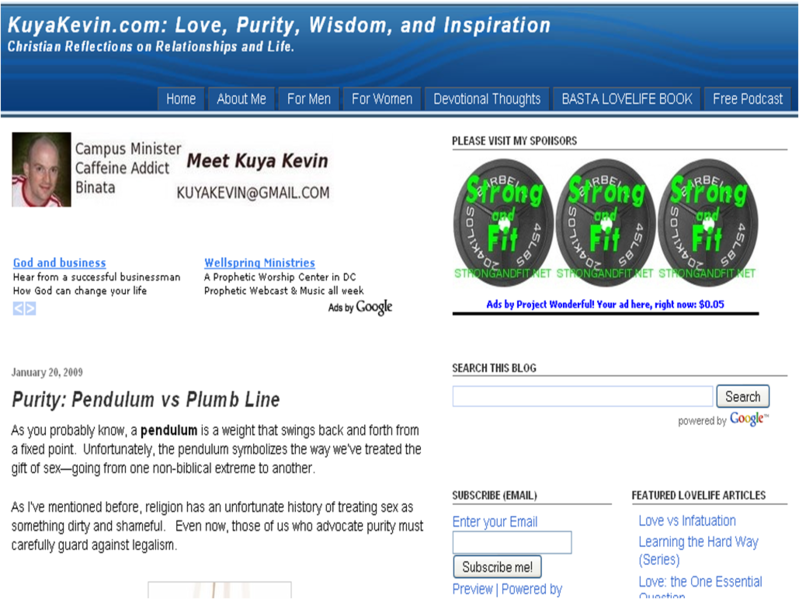 Kuya Kevin is a campus minister and this site is his place to share his reflections on love, purity, wisdom and inspiration. His site will surely be of interest on youth and singles. He also authored the book, Basta Love Life which is available in National Bookstore, Powerbooks, Philippine Christian Bookstore and other Christian Bookstores.
Kuya Kevin is a campus minister and this site is his place to share his reflections on love, purity, wisdom and inspiration. His site will surely be of interest on youth and singles. He also authored the book, Basta Love Life which is available in National Bookstore, Powerbooks, Philippine Christian Bookstore and other Christian Bookstores.
►Quote§ to Ponder
but a spiritual man is easy on others
and hard on himself.
~A.W. Tozer
pastor, author
~~~~~~~~~~~~~~~~~~~~~~~~~~~~~~~~~
though I have never seen any good come out of it;
but I have never seen a man pray without working.
~Hudson Taylor,
founder of China Inland Missions,
now OMF (Overseas Missionary Fellowship)
~~~~~~~~~~~~~~~~~~~~~~~~~~~~~~~~~
character is worth more than anything else in this wide world.
Tuesday, January 13, 2009
►Christians Can't Multitask
 Let's face it, our generation multitasks constantly. Chances are some of you won't even finish this article without checking your e-mail — while others are already listening to music or Instant Messaging a friend.
Let's face it, our generation multitasks constantly. Chances are some of you won't even finish this article without checking your e-mail — while others are already listening to music or Instant Messaging a friend.The fact is, though the corporate executive has long epitomized multitasking, it has more and more become a characteristic of the rising Generation Y — especially when it comes to media consumption.
A recent Harrison Group study reports that American young people spend more than 72 hours per week using electronic media, including the Internet, cell phones, television, music and video games, but many experts argue that the actual amount of media consumption is much higher because of our ability to interact with more than one medium at a time. Other studies show that teenagers are packing up to 44 hours of activity into a 24-hour day by doing multiple things at once — nearly two days worth of "stuff" experienced in a single day.
But in an era where it has become routine to conduct six IM conversations, watch TV, and Google the names of last season's American (or Pinoy) Idol finalists all at the same time, we can't afford to unquestionably embrace the multitasking lifestyle technology provides.
Think about it: We are the first generation to grow up with high-speed, wireless Internet access and the first to widely use cell phones. It's easy to get caught up being the "Early Adopters" of technology's latest offerings and forget that eight years ago most home computers weren't even linked to the Internet.
Even in its infancy the incredible power and pervasiveness of modern technology requires us to step back and reassess our generation's proclivity for multitasking. As life gets faster and faster and technology continues to advance we've got to stop texting long enough to ask ourselves whether we're really more efficient when we multitask. How does this juggling show affect our productivity, our thought life, and our relationships?
Productivity: Doing Less By Doing More
Many of us enjoy the rush of doing many things at once because it gives us a feeling of control and productivity, but studies show that our split attention is only serving to hide our diminished efficiency — we're living in an illusion.
"People often take pride in their ability to multitask," writes Dr. Edward Hallowell in his book CrazyBusy, "but often they do none of their tasks as well as when they focus on one at a time."
In fact, a 2001 study conducted at the University of Michigan reports that 20 to 40 percent of a person's productivity is eaten up by "task-switching," the time it takes to mentally re-engage when shifting from one task to another.
The Apostle Paul writes in Colossians 3:23, "Whatever you do, work at it with all your heart, as working for the Lord, not for men." This idea of being singly focused is the secret of true efficiency.
Of course, this doesn't mean we should never multitask. Our ability to participate in multiple activities at once is unrivalled by any other creature in God's creation. It is a gift from God, just not one to be abused, and definitely not an excuse for giving God any less than our best.
Instead, we need to understand is that both our ability to focus and our ability to multitask are extremely valuable. We should never practice one at the expense of the other. Sadly, our culture's busyness, where the average employee switches tasks every three minutes and is interrupted every two minutes, seems to be crippling our ability to focus. Studies show that most employees are unable to focus on any one task for longer than 12 minutes.
As unfortunate as that is, we can realistically acknowledge that not every little thing we do requires 100 percent concentration. The Apostle Paul's encouragement to "work with all your heart," when read in context, clearly exhorts us to honor God by giving appropriate attention to our tasks. But simple things, like chewing gum, do not call for the complete absorption of our mental faculties.
The challenge is to get our priorities straight so we do not allow our culture's crazy pace to rob our jobs or our studies of the attention they deserve.
Thought Life: "A Place of Quietness With God"
In her recent New York Times opinion piece, Carolyn Curiel wrote, "We think of America as a sleep-deprived nation, but we are becoming deep-thought deprived, too. A closed door does not stop interruptions, because we are packing the weapons that can shatter concentration or quiet contemplation. Our fingers are always on a button." Curiel concludes that the multitasking life creates an often-distracted mind.
Even before computers, cell phones, and other wireless technology, the radio was placed in homes and then cars, helping to fill the dead air that accompanies housework and long rides. But now, modern technology has pushed our escape from quiet thought to dizzying new heights.
"No one seems to want (and no one can find) a place for quiet," wrote Francis Schaeffer, "because when you are quiet, you have to face reality. But many in the present generation dare not do this because on their own basis reality leads them to meaninglessness; so they fill their lives with entertainment, even if it is only noise."
Such escapism makes sense for non-Christians, yet most Christians act the same way — escaping from meaningful thought through the distractions of technology. Yet, as Schaeffer writes, it is Christians who can dare to face the realities of life unclouded.
"We do not need these things to fill the crannies of our lives," he concludes, "in fact, we should want to face reality: the glory of the world God has created and the wonder of being human — yes, and even the awful reality of the Fall and the tragedy of marred men and women, even our own flawed character. We are not to be people of escape. The Christian is to be the realist. To face reality as born again and indwelt by the Holy Spirit is the Christian's calling."
Of course, the problem is not with technology — Schaeffer was addressing these same issues long before Steve Jobs ever dreamt of the iPod. Rather, the problem is the way and the frequency with which we have chosen to use technology.
Because of that, the solution is not to give away our laptops, but to make sure that our consumption of media is supplementing our thought life, not distracting from it; that it is providing opportunity for more incredible quiet moments with God — not keeping our minds constantly busy dealing with new articles, IM conversations, and song lyrics.
Relationships: True Love Meets Multitasking
 Imagine a movie where the noncommittal boyfriend finally gets down on one knee, looks up into the eyes of his sweetheart, and solemnly intones, "Baby, to signify how important our relationship has become to me, I am now removing one of the earpieces from my iPod."
Imagine a movie where the noncommittal boyfriend finally gets down on one knee, looks up into the eyes of his sweetheart, and solemnly intones, "Baby, to signify how important our relationship has become to me, I am now removing one of the earpieces from my iPod."
Soaring orchestral music rises in triumph as he reaches to his ear, never taking his eyes off of her, and in a radical display of commitment removes the glistening piece of white plastic and places it carefully in his pocket for later use.
After several moments of silence, while his sweetheart allows the last strains of Coldplay to fade from her own iPod, she returns the display of devotion. Then, they kiss. This is Hollywood at its finest.
Of course, we laugh at this fictional "Hollywood Couple" because their expression of love is so obvious. "The most basic sign of affection is attention," we think, "everyone knows that!" Yet, aren't we really laughing at ourselves? After all, it's our generation that is setting records for how long and how completely we can withhold this basic expression of love.
Jesus said, "By this all men will know that you are my disciples, if you love one another." Do we stand out from the rest of world because of the way we show love for others? Or, are we just like the rest of our generation — so connected that we're disconnected — distracted from the people God has placed in our lives?
These are hard questions. But we must challenge ourselves to answer them honestly and then respond appropriately to what we see in ourselves. For some of us this might mean setting limits on when we can get on the computer, or not listening to our iPods when we're with other people.
Whatever it is, we can expect that it won't be easy — or glamorous. There won't be any soaring orchestral music when we remove our earbuds. Oftentimes we won't even feel like loving the people around us and will have to cry out to God to help us love them from the heart.
And if that's not hard enough, God usually doesn't answer that kind of prayer immediately. He seems to prefer that — by still obeying His command to love others, even when we don't feel that love — we act ourselves into a better way of feeling, rather than "feel" ourselves into a better way of acting.
But, you see, that's all part of what the Bible calls the obedience of faith — trusting God's wisdom and goodness enough to obey Him, even when we don't feel like it. And hard though it may be, getting better at trusting God and loving people is well worth the workout.
The Verdict: Christians Can't Multitask
If we acknowledge that trusting God and loving people are the main stuff of our Christian lives, then we will want to evaluate the prevalent practice of multitasking in that light. The purpose of this article was to identify some of the pitfalls of multitasking in order to prepare us to do just that.
Upon examination we've seen that multitasking often hampers our productivity, robs us of quiet thought, and keeps us from demonstrating Christ's love. Those negatives obstruct us from fulfilling clear commands and principles of Scripture — like working with all your heart, leading productive lives, meditating on God's Word, praying without ceasing and loving others fervently. We can see that multitasking is generally more of a hindrance than a help to our personal and spiritual growth and development.
In a sense, we need to wake up and admit that multitasking is a myth after all. It does not deliver the efficiency of the maximized potential it seemed to promise. Its layering of disconnected thoughts have not helped us think any better, clearer or deeper. Multitasking has made it easier to escape the real pressures of living with real people, but has not equipped us to experience or give real love.
Short on delivery, we may want to keep multitasking on a short chain. Not afraid of the potential of technology, we need to recognize its dangers and set up structural helps and limits to keep it in its place. We should love to use media and technology as tools for God's glory, but even more than that, we should desire to live wisely, choosing to do one worthwhile at a time, very well. As Jim Elliot challenged his generation, so we challenge you:
"Wherever you are, be there 100 percent."
Monday, January 5, 2009
►Testimonials
Post ahead! We'd love to hear from you!
Quote§ to Ponder
~C.S. Lewis, Screwtape Letters
The little things of life, sweet and excellent in their place, must not be the things lived for; the highest must be sought and followed; the life of heaven must be begun here on earth.
~
On Our Shelf: Cat & Dog Theology
 The year has just begun and you're probably thinking of a book to read. Cat & Dog Theology by Bob Sjogren and Gerald Robison is a good book to start the year. As the subtitles suggest, it's the perfect time of the year to rethink of our relationship with God. This new year, how far are you desiring to know Him more?
The year has just begun and you're probably thinking of a book to read. Cat & Dog Theology by Bob Sjogren and Gerald Robison is a good book to start the year. As the subtitles suggest, it's the perfect time of the year to rethink of our relationship with God. This new year, how far are you desiring to know Him more?Cat and Dog Theology is full of simple yet powerful illustrations of our relationship with God. In this book, you'll find out if you're a cat or a dog. Yes, you heard it right. Christians are either cat or dog. Find out what you are and why by reading this book.
A Word From Webster
(wid'ō) [Old English, widewe, wuduwe]
[n.] 1. A woman who has lost her husband by death and has not remarried.
2. In some card games, an additional hand dealt to the table; also a kitty
3. Printing An incomplete line of type ending a paragraph; especially, a single line or less at
the top of page or column
[v.] 1. To make a widow of; deprive of a husband: usually in the past participle: a woman widowed by war.
2. To deprive of something desirable; bereave
3. Rare To survive as the widow of
4. Rare To recognize as a widow; give the rights of a widow to
WIDOW in the Bible
Religion that God our Father accepts as pure and faultless is this: to look after orphans and widows in their distress and to keep oneself from being polluted by the world.~James 1:27 (NIV)
2008 Holiday Camp Photos
It's all yours to use for church presentation reports or youth video promotions. Just make sure that you will use it accordingly. Contents of this site are protected by law through Creative Commons.
Enjoy!
FEATURED WEBSITE
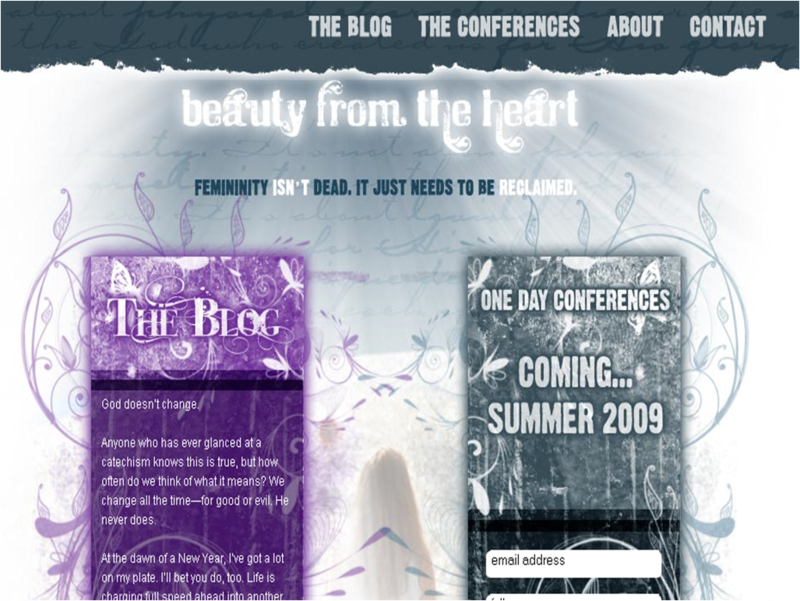
Hear young ladies, Hannah Farver and Lindsey Wagstaffe, speak about beauty. Beauty that is pleasing to no man's eye but to God.
Sunday, January 4, 2009
ANNOUNCEMENT
History Maker
As Christians, we should know how God has blessed our faith and how it survived the persecutions throughout the centuries. This we can only know if we take time to read history. Gilbert Blythe once said in the Anne of Green Gables books,
"The folks who lived before me have done so much for me that I want to show my gratitude by doing something for the folks who will live after me. It seems to me that is the only way a fellow can get square with his obligations to the race."
What he said has so much profound truth in it. Our forefathers have gone through so much to keep the faith. They were kept in dungeons, chained, burned in stakes so they can hand down their faith to the next generation. On and on to the next generation. To our generation. The faith they fought for is the faith that we have now.
Let their stories be an inspiration as we keep on with the fight.

"For God's sake, do not put yourself at odds with the Word of God. For truly it will persist as surely as the Rhine follows its course. One can perhaps dam it up for awhile, but it is impossible to stop it."
Ulrich Zwingli, the city chaplain, stood before the Zurich City Council in January 1523. The winds of reform had made their way over the Alps from Luther's Germany, and Zwingli was arguing 67 theses, beginning with "All who say that the gospel is invalid without the confirmation of the church err and slander God." Though 28 shy of Luther's 95 Theses, published some six years earlier, Zwingli's arguments were more persuasive: authorities gave him permission to continue his preaching, which emphasized Christ first and the church second ("Christ is the only mediator between God and ourselves," said another of Zwingli's theses). The Reformation in Switzerland was now well on its way, and Zwingli would play the key role in the early years.
Zwingli was born to a successful farmer in the Toggaburg Valley of the eastern lower Alps. Here Zwingli developed a deep love for his homeland. Later he translated one line of , "In the beautiful Alps, he tends me," and he used the Rhine River as an illustration of a key theme of his preaching: "For God's sake, do not put yourself at odds with the Word of God. For truly it will persist as surely as the Rhine follows its course. One can perhaps dam it up for awhile, but it is impossible to stop it."
But it took Zwingli years to discover the power of this Word. After graduating from the University of Basel in 1506, he became a parish priest in Glarus. From the beginning, he took his priestly duties seriously. He later wrote, "Though I was young, ecclesiastical duties inspired in me more fear than joy, because I knew, and remain convinced that I would give an account of the blood of the sheep which would perish as a consequence of my carelessness."
The feeling of responsibility for his charge (rather than, like Luther, a personal search for salvation) motivated Zwingli's increasing interest in the Bible. In an age when priests were often unfamiliar with the Scriptures, Zwingli became enamored with it, first after purchasing a copy of Erasmus's New Testament Latin translation. He began teaching himself Greek, bought a copy of Erasmus's Greek New Testament, and started memorizing long passages. In 1519 he began preaching from the New Testament regularly.
Privately Zwingli also started challenging the customs of medieval Christendom he thought unbiblical. He had struggled with clerical celibacy for some time (and even admitted that as a young priest, he'd had an affair). In 1522 he secretly married. That same year, he broke the traditional Lenten fast (by eating sausages in public) and wrote against fasting.
By 1523 he was ready to take his ideas to a larger audience, and in January he did just that before the Zurich City Council at what is now called the First Disputation. The Second Disputation came in October, and with further approval from the council, more reforms were carried out: images of Jesus, Mary, and the saints were removed from the churches; the Bible was to have preeminence.
Things moved rapidly after that. In 1524 he wedded his wife publicly, insisting that pastors had the right to marry. In 1525 he and others convinced the city to abolish the Mass, with its emphasis on the miracle of transubstantiation, and replace it with a simple service that included the Lord's Supper but only as a symbolic memorial.
As it turned out, it was the Lord's Supper that prevented the uniting of the German and Swiss reform movements. At a 1529 meeting at Marburg, called to unite the two movements, Luther and Zwingli met. Though they agreed on 14 points of doctrine, they stumbled on the fifteenth: the Lord's Supper. Against Zwingli's view, Luther insisted on Christ's literal presence. Zwingli balked. Luther said Zwingli was of the devil and that he was nothing but a wormy nut. Zwingli resented Luther's treating him "like an ass." It was evident no reconciliation was possible.
Zwingli died two years later in battle, defending Zurich against Catholic forces, and plans for spreading the Reformation into German Switzerland were ended. Still Zurich remained Protestant, and under the leadership of Heinrich Bullinger, Zwingli's successor, this unique branch of the Reformation continued to blossom.



